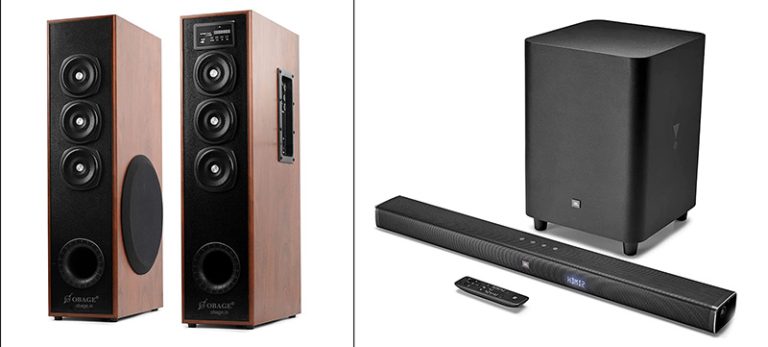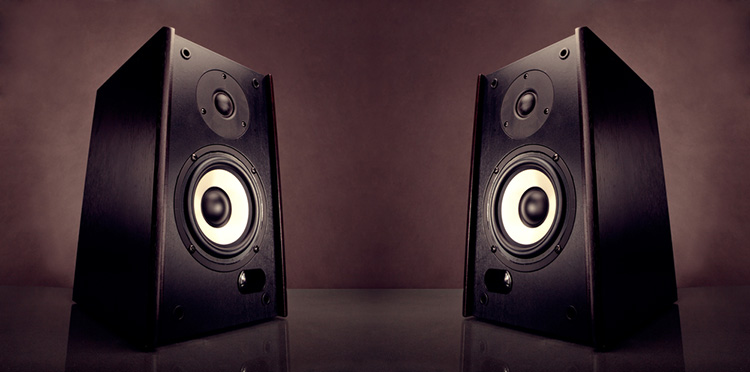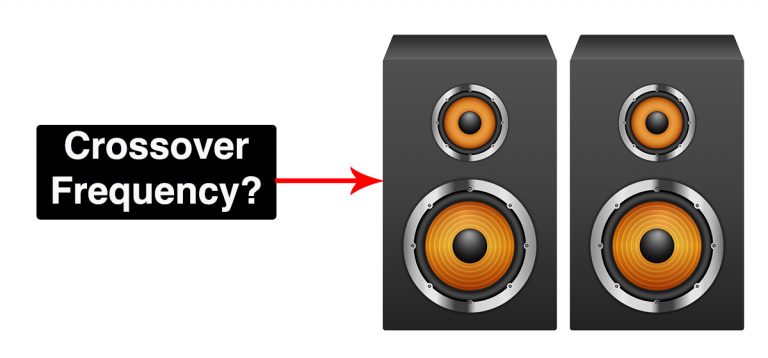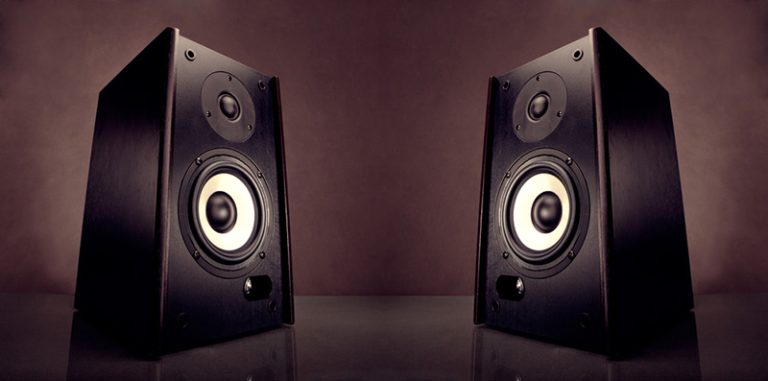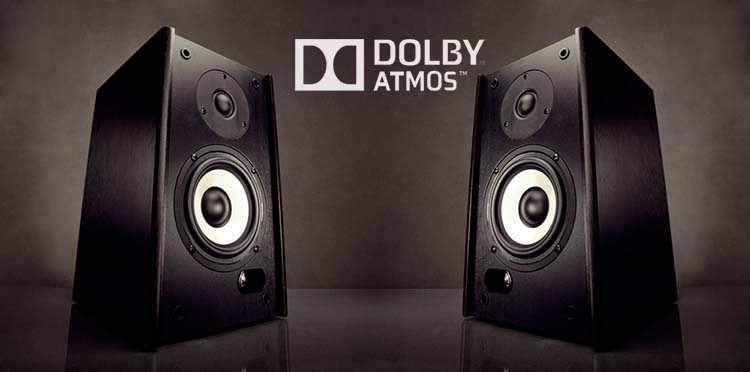Car Speakers for Your Home Theater: A Surprising Solution?
If you have a pair of high-quality car speakers you don’t need anymore, you might be curious to know if you can put them to use in your home theatre. Would they make good substitutes for home theater speakers?
You can use car speakers for your home theater system as long as you use them with a compatible amplifier or receiver. Since car speakers usually have a lower impedance rating than regular home theatre speakers, you’ll need to use a receiver/amp that’s able to handle the speakers’ impedance.
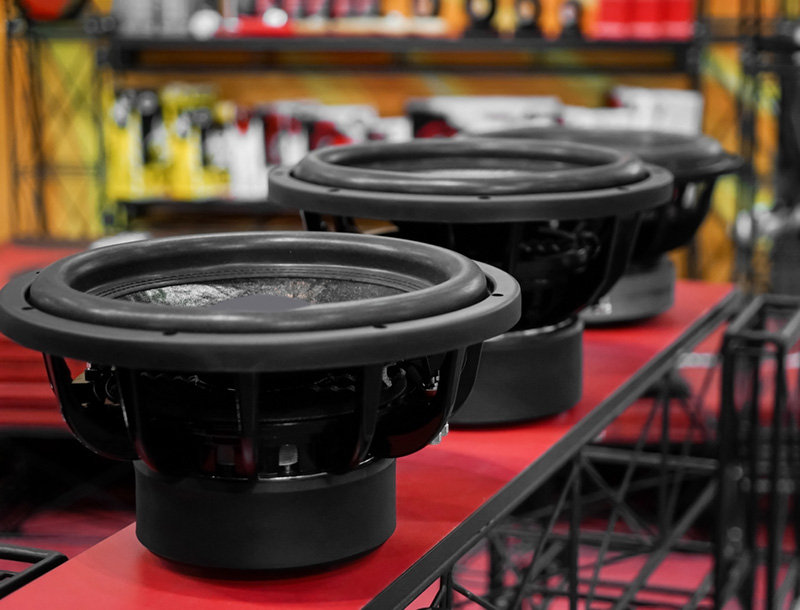
Should you use Car Speakers for Your Home Theater? Is it worth it?
If you are looking to set up your home theater sound system on a budget, then you can opt for using car speakers. However, it is only worth it if you have an extra set that you have no use for. Or if someone is disposing of their expensive car speakers on the cheap.
The size of the room you are using for your home theatre also matters. Car speakers won’t work well in a large room. But if you are using a small room, you could pull it off.
How to use car speakers for your home theater
For those who are into DIY projects and like a challenge, it can be fun to assemble an audio system using car speakers. It can get a bit technical, but there are a lot of helpful websites that can guide you (some even show you how to build speaker enclosures from scratch!)
Here’s a helpful article if you are a DIY enthusiast and want to convert your car speakers into home speakers.
However, if you have to purchase speakers specifically for your home theater use, it’s better to buy home speakers rather than car speakers.
There are many budget-friendly home speakers out there which will give you a much superior sound quality than car speakers. You’d also be saving yourself a whole lot of effort!
So what does impedance mean and why is it important to match your car speaker impedance to a receiver?
We’ll explain all that here as well as the differences between car speakers and home speakers. We’ll also give you pointers on how you can use your car speakers in your home theater setup.
What is speaker impedance?
Speaker impedance is a measure of how much a speaker resists or impedes the current supplied by an amplifier. It is rated in ohms, represented by the omega (ꭥ) symbol.
If the speaker impedance is low, more current will flow and place a higher load on the amplifier. If the impedance is more, less current will flow and the load on the amplifier is lesser.
To explain it simply, speaker impedance essentially affects the amount of load a speaker will put on an amplifier. The lower the impedance rating, the higher the load on the amplifier.
Manufacturers usually provide ‘nominal’ speaker impedance ratings along with their products. This is an average of the lowest values of the speaker impedance since speaker impedance constantly changes with the frequency of the audio.
Most speakers are rated nominally at 4 ꭥ,6ꭥ, 8ꭥ, or 16ꭥ.(ohms)
Why is it important to match speaker impedance when using a car speaker?
Car speakers tend to come with a low impedance rating of 4 ohms while home speakers usually have a higher rating of 6 or 8 ohms. The lower impedance rating of the car speaker allows it to draw more power from an amplifier.
However, most home amplifiers aren’t designed to handle the low impedance of the car speaker the way car audio amplifiers can. So you might just end up damaging your equipment if the speaker and amplifier impedance ratings don’t match.
How do car speakers differ from home speakers?
While both car speakers and home speakers essentially serve the same purpose, which is to playback audio, they differ in many ways.
As mentioned earlier, car speakers have lower impedance ratings of 4 ohms compared to home speakers with 6 or 8 ohms because they are designed for low voltage, high amperage systems whereas home power is a high voltage, low amperage system.
Car speakers are optimized for small, compact spaces with shorter listening distances versus home theater speakers which are built for larger spaces. Thus, home speakers can be bigger and more powerful.
Another difference is that while home speakers are designed to be on display and come encased in cabinets or boxes, car speakers are usually fitted directly into the car itself- into doors, the dashboard, etc.
How to match your car speakers with your amps
Manufacturers usually mention the impedance range for an amplifier’s output. This helps you match it to the speaker’s nominal impedance.
If it is not in the impedance range, the speakers would still work the amplifier. However, if you turned up the volume, the amplifier would overheat and your equipment could get damaged. This is because the amplifier ends up drawing more power than it is meant to deliver.
So you should check the rating of your amplifier to see if it is capable of handling the low impedance rating of the car speaker.
Matching the impedance
Impedance can also be matched if you connect the speakers in series. For example, to match the impedance, if the amplifier is rated for an 8 ohms load, you can connect 2 identical speakers of 4 ohms each in series for 8 ohms.
To connect the speakers in series you should first, connect the negative terminal of the amplifier to the negative terminal of the first speaker. Next, connect the first speaker’s positive terminal to the second speaker’s negative terminal. Finally, connect the positive terminal of the second speaker to the positive terminal of the amplifier.
Here’s a useful calculator to help you connect the speakers in series.
Conclusion:
While it is possible to use car speakers for your home theatre setup, it makes sense to invest in good home speakers if you’re looking for quality sound and an immersive home theatre experience,
But as a budget alternative, you can get satisfactory results from car speakers provided you have a small space for your home theatre. Keep in mind it would require a lot of time and effort, as well as some technical application to make a good home audio system using car speakers.
Also read: Are Rear Speakers Really Necessary for Home Theater?
References:
- https://geoffthegreygeek.com/understanding-speaker-impedance/
- https://diyhometronics.com/use-car-speakers-in-a-home-theater/
- https://www.lifewire.com/speaker-impedance-3134705
- https://carspeakerland.com/how-to-turn-car-speakers-into-home-speakers/
- https://www.amplifiedparts.com/tech-articles/speaker-impedance-power-handling-and-wiringhttps://www.wikihow.com/Power-Two-Speakers-with-a-One-Channel-Amp
